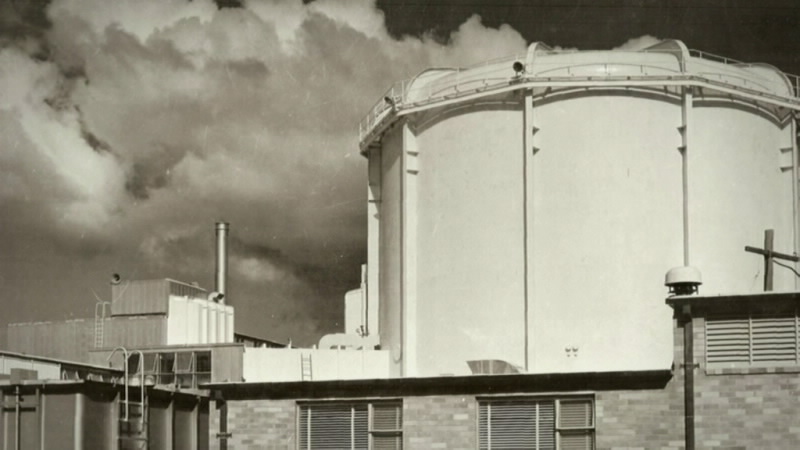The decommissioning process Australia’s first nuclear reactor, HIFAR, is to undergo following its shutdown in January will be the topic of ANSTO’s next bi-annual independently facilitated Community Discussion.
 |
| The decommissioning plans for HIFAR are consistent with that overseas practice. |
As well as an ANSTO representative talking about the project, the event will include a presentation by Dr Kevin Langley ,who is currently managing the decommissioning of a research reactor in Harwell, United Kingdom, of which HIFAR is almost a carbon copy.
“It is important the community is aware of how ANSTO will manage the dismantling of HIFAR,” said Dr Ian Smith, ANSTO’s Executive Director. “This is one of the reasons we have asked Dr Langley to come along, as he has first-hand experience of decommissioning and will be acting as a consultant to ANSTO on this project.
“ANSTO will work hard to ensure the community is kept up to date on the progress of the decommissioning over the coming years. Community Discussions will be one of the ways doing this,” he said.
The post-closure process will be in four stages. Stage one, which is currently underway, entails the removal of fuel and draining of heavy water from the facility. The spent fuel will eventually be shipped the United States and no waste will return to Australia. The
heavy water inside the reactor will be sold for re-treatment.
Stage two, which will take place over approximately the next 10 years, will involve dismantling various nonradiaoctive fixtures in and around the reactor building and maintaining the reactor itself whilst the decay of radioactive materials takes place.
Stage three, to occur around 2016, will involve dismantling the reactor itself and removing all radioactive and other wastes from the ANSTO site.
The fourth and final stage will return the site for use by ANSTO.
A number of reactors (eight power reactors, approximately 90 research reactors) around the world have been fully decommissioned, and the wastes from those decommissioning processes have been managed in national waste management facilities. The decommissioning plans for HIFAR are consistent with that overseas practice.
Published: 16/03/2007

